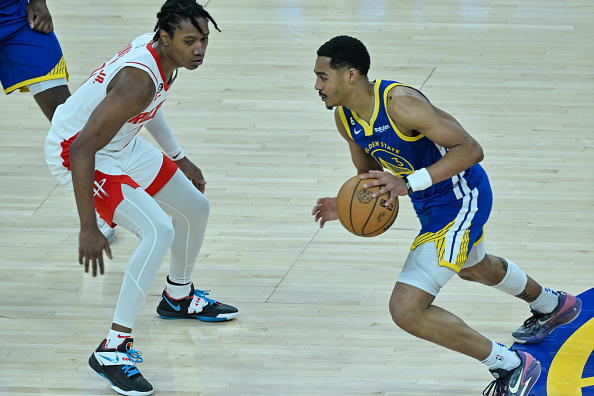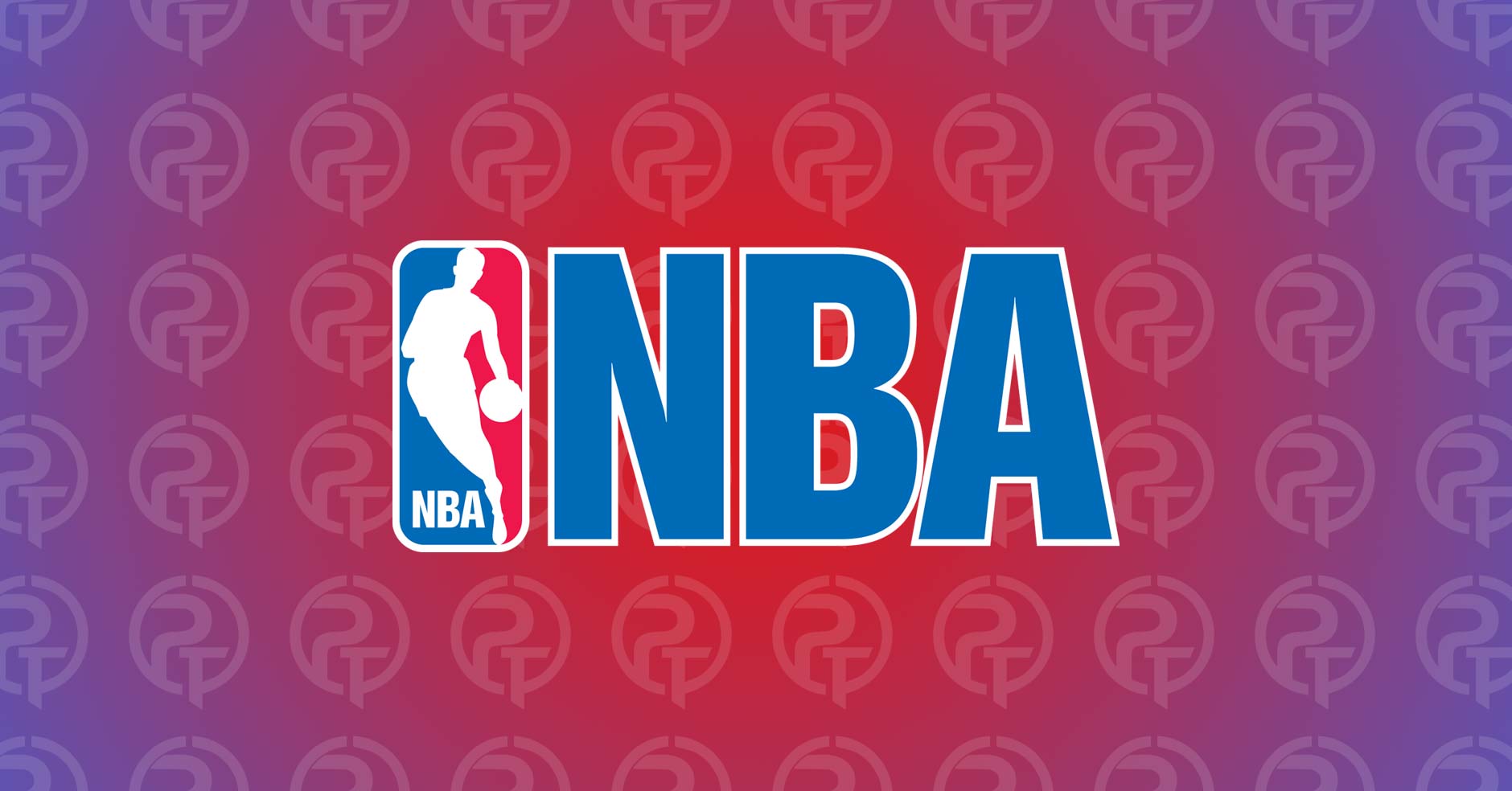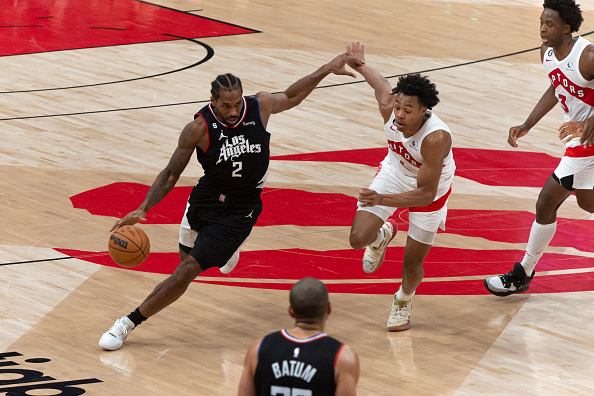In recent years, the average NBA fan has been exposed to an increase in triple-doubles. For the uninitiated, a triple-double is a statistical measure which involves a player achieving 10 points, rebounds, assists, steals, or blocks. If a player can achieve three of those five stats, they earn a triple-double.
Over the last few seasons, Russell Westbrook, formerly of the Oklahoma City Thunder, has set records in terms of accumulating triple-doubles. He has averaged a triple-double each of the last three seasons. Before Westbrook, only one player had ever achieved that feat: Oscar Robertson.
With the oversaturation of the triple-double, it has become slightly overrated in the grand scheme of the NBA. The triple-double is a baseball-like stat that has found its way into basketball. Just as seemingly unimpressive baseball tasks have special names such as the cycle or an immaculate inning, the triple-double has become the gold standard of NBA achievements in a single game, even though it is not necessarily the best a player can play.
For example, a three-home run and one double in a baseball game achieves more total bases than the cycle. However, the cycle is more memorable.
In the NBA, the same idea applies. A player who scores 50 points and grabs nine rebounds and nine assists has a statistically better game than a player who has 10 points, 10 assists, and 10 rebounds, but the player with the 10 points, rebounds, and assists, gets recognized as an owner of a triple-double while the player who scored 50 points is only recognized with the 50-point game.
The triple-double is incredibly arbitrary for the NBA. It has minimal value in showing what it needs to take to be a productive and efficient player in the NBA.
This is not demeaning to Westbrook, as he is a spectacular player who will look to further his career with the Houston Rockets this season. Westbrook has become an incredibly good rebounding guard and has become adept at setting his teammates up for buckets. However, his relentless quest for as many triple-doubles as humanly possible has been slightly overrated over the course of the last three seasons. While the Thunder had an elite record when Westbrook recorded a triple-double, that was a sign of Westbrook playing at a high-level as opposed to purely Westbrook getting a triple-double.
The triple-double is a neat anecdote to a game, but it cannot be taken as the most important characteristic of a player. Some of the best game performances by a player in the history of basketball haven’t been triple-doubles. Sure, some of the best have been triple-doubles, but plenty of players have recorded incredibly high-grade performances without notching the three statistical marks. Westbrook’s triple-double totals may go down in Houston with James Harden to share the load on offense, but his legacy as Mr. Triple-Double should still stand.
In another realm entirely, the increased attention to the triple-double has led to an even dumber and more pointless stat: the near triple-double. If the triple-double was meaningless enough, the near triple-double has exceeded its brother in lack of importance. For every triple-double that Westbrook posted, he might have a game that he ends up with nine assists or eight rebounds. The coverage attached to those eight-rebound or nine-assist game was unfathomable compared to the actual value of each rebound and assist. It seems trivial that one extra rebound or two extra assists can be the difference between a good game and a memorable game.
As a whole, the triple-double has become overrated due to the lack of context surrounding the performance. Counting stats in the NBA have been overrated in recent years as the pace of play is up and many teams have adopted a strategy of shooting many threes. When comparing players and teams, it is critical to note the context involved in the achievement of stats. Rates such as assist percentage and rebound percentage can be better indicators of high-level play while shooting efficiency has begun to take a more important role compared to just total points. As a part of the analytical revolution, context is king.
The triple-double and counting stats are overrated.






